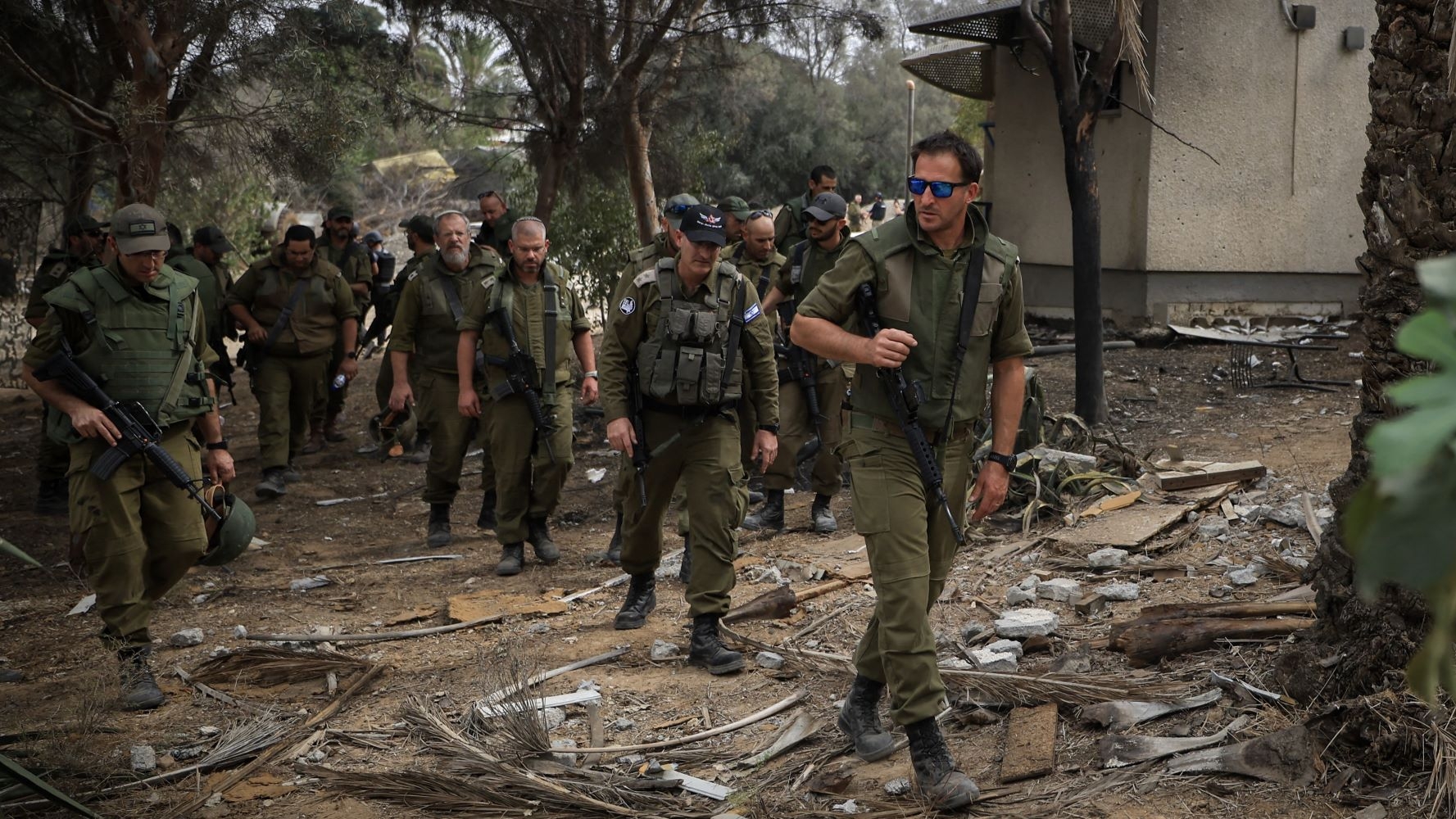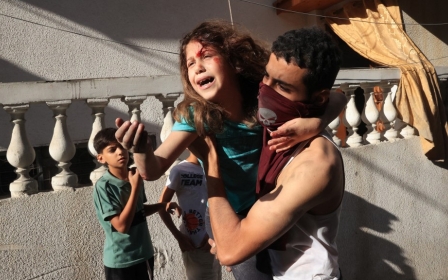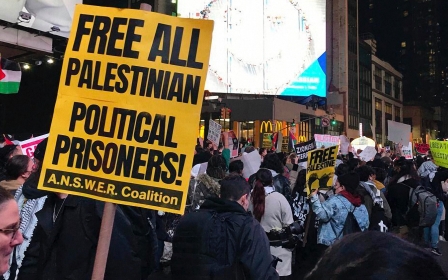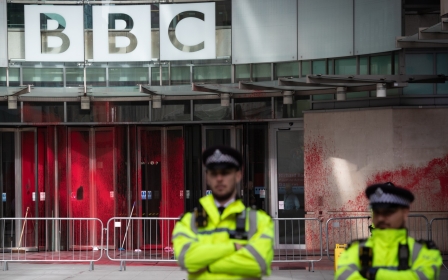Israel-Palestine war: Israeli journalist slams army for feeding him false line about Hamas atrocity

An Israeli journalist has criticised the Israeli army after he interviewed an officer who falsely claimed Hamas fighters had hung out dead Israeli babies and children on washing lines.
On Tuesday, Ishay Coen posted a video of himself interviewing a soldier who said "babies and children were hung on a clothes line in a row".
The video garnered hundreds of thousands of views on X, formerly known as Twitter, before other journalists cast doubts on the claims.
They pointed out that only one child had been killed in the area where the event was purported to have taken place and that the claim was therefore inaccurate. Others questioned why no imagery of the claim had been provided.
Amid the criticisms, Coen, described as right-leaning by the New York Times, deleted the interview but pro-Israel accounts on X continue to share the clip.
On Wednesday, Coen responded to the critics, explaining that he deleted his original post based on the complaints he had received and his own investigations that led him to conclude the claim was likely false.
In the post, Coen said that he had been offered the interview by the Israeli army and that officials had approved the video for broadcast, adding that the officer in question continued to insist that the claim was true and even had another witness who could corroborate it.
Haaretz journalist Amir Tibon responded to Coen's post, saying: "There was room to check how many babies were murdered in this kibbutz before the broadcast. This is public information, not military."
"Regardless, this is a disgrace of the IDF spokesman, which causes damage to our credibility at the international level."
Follow Middle East Eye's live coverage for the latest on the Israel-Palestine war
To which Coen replied: "I admit that I didn't think it was necessary to check the truth of a story brought by a lieutenant colonel...Why would an army officer make up such a horrific story? I was wrong."
In a later screenshot of a WhatsApp conversation, Coen appears to have raised concerns about the claim with an Israeli army spokesperson, who says:
"The officer serves as a reserve police officer. He arrived at a large number of scenes after the attack and was exposed to many difficult scenes as part of his duties. The details of the incident will be discussed with the officer and it will be made clear to him that events whose details are vague and unofficial should not be described."
Disputed claims
The Hamas-led surprise attacks on border posts, communities and a rave on 7 October killed around 1200 people, mostly civilians.
In the absence of an official Israeli list of the victims, Haaretz has produced a list of confirmed fatalities from the 7 October attack, including almost 800 civilians and 59 police. The list is not complete as forensic work continues, but includes more than 30 children.
A number of claims have been made by Israeli officials and commentators about alleged Hamas atrocities on 7 October that remain unverified or have been proven false.
The most infamous of these is the claim that Palestinian fighters had beheaded babies during their attack on southern Israel on 7 October.
And here you can find an Israeli journalist complaining that @IDFSpokesperson participated in tricking him into sharing a FAKE story about murdered Israeli babies hanged on a clothes line by Hamas militants https://t.co/qPXccM4neq
— Asaf Ronel (@AsafRonel) November 29, 2023
That claim was repeated by US President Joe Biden, who said he had seen images of the dead children despite no images of the purported atrocity being known to exist.
White House staffers had reportedly advised the president against repeating the claim given the lack of verified evidence.
Other claims that have not been proven include one in which an Israeli paramedic claimed that Hamas fighters had baked a baby in an oven.
An Israeli rights group this week released a preliminary report on allegations of sexual violence and rape during the 7 October attack.
This article is available in French on Middle East Eye French edition.
Middle East Eye propose une couverture et une analyse indépendantes et incomparables du Moyen-Orient, de l’Afrique du Nord et d’autres régions du monde. Pour en savoir plus sur la reprise de ce contenu et les frais qui s’appliquent, veuillez remplir ce formulaire [en anglais]. Pour en savoir plus sur MEE, cliquez ici [en anglais].




